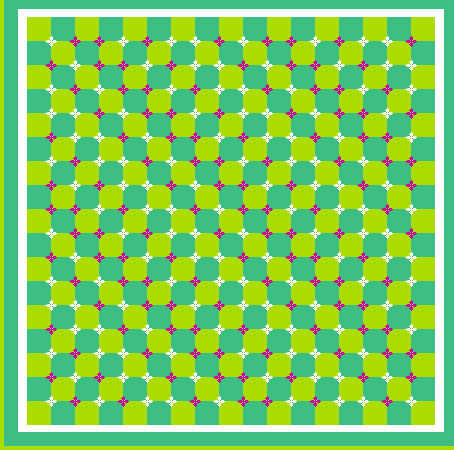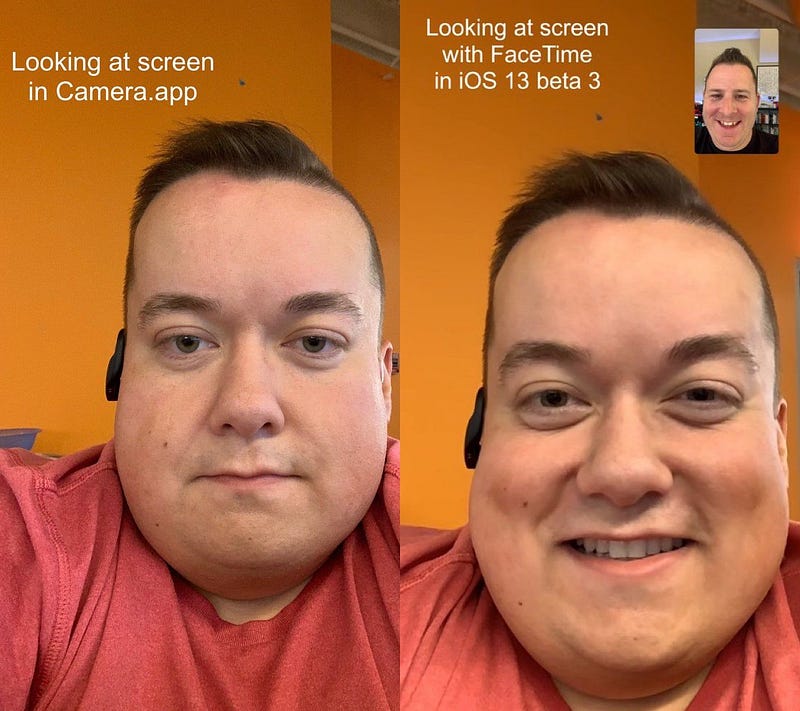# How Deepfakes and AI Are Transforming Our Perception of Reality
Written on
Chapter 1: The New Paintbrush for Reality
As we move closer to a time when artificial intelligence acts as a tool for reshaping our perception of reality, many individuals are anxious about the implications of such advancements. Historically, humanity has never successfully halted technological progress, and the safety and security we enjoy today stem from ongoing innovations. While setbacks and challenges will continue to emerge, attempting to resist these changes often exacerbates the issues. Reality has always been more ambiguous than we prefer to acknowledge; new technologies merely illuminate the uncertainties that have always been present.
We Have Always Accepted Distorted Realities
The fear that AI will dismantle our understanding of reality is largely unfounded. For many years, we have relied on what we see and hear, whether it comes from media sources or acquaintances. However, these perceptions do not equate to an absolute reality, as our understanding of the world is inherently subjective. It is shaped by our collective experiences and observations, which can be distorted by deception or advanced technologies that facilitate lies. This situation complicates our attempts to grasp an objective reality.
Our comprehension of reality is influenced by human perception and interpretation, limited by our sensory capabilities and cognitive processing. Our brains often fill in gaps in our perceptions, leading us to construct a subjective version of reality that may not fully reflect the truth. For instance, optical illusions demonstrate how easily our minds can be tricked:

This cognitive construction results in a distorted view of experiences. We fail to perceive every detail of a moment, and our brains compensate for what we miss. Historical misunderstandings, like believing geese grew on trees, illustrate how human observations are not infallible. Consequently, we cannot rely solely on collective perceptions to define reality.
Trusting or Distrusting Technology
Throughout history, we have developed tools to aid our survival and facilitate communication. Innovations like video and audio recordings have enabled us to capture events from a singular perspective, yet they still fall short of conveying the complete truth.
For example, security footage may depict a threatening scenario without revealing the context behind the actions taken.

Whether these recordings reduce crime rates or lead to unjust arrests, they cannot encompass the entirety of a situation. We tend to place unwavering faith in recordings, despite their inherent limitations and the potential for misleading interpretations.
While technology has its flaws, discarding it would be unwise. In fact, advancements that allow for objective recordings have largely benefited society. We need to recognize the limitations of our tools and perceptions. As technology evolves, it becomes crucial to remain aware of its potential to distort reality.
The Rise of Deepfakes
Artificial intelligence presents both exciting possibilities and daunting challenges. The emergence of deepfakes has sparked concern as they exemplify how easily AI can manipulate visual content. This technology has reached a point where it can produce videos that are nearly indistinguishable from reality. For instance, a recent paper published by Stanford University and other institutions demonstrated a simple method for altering recorded video that fooled many viewers.
In the realm of ethics, discussions surrounding AI advancements often feed public anxiety. Experts highlight potential misuse, which can lead to a focus on worst-case scenarios rather than the possible benefits. While innovations like faster video editing are beneficial, the specter of fake news raises concerns about our ability to discern truth from deception.
Embracing Progress Instead of Resisting It
Regardless of our apprehensions, technological advancements will persist. History shows that efforts to impede scientific progress typically lead to only temporary delays. We should embrace those who prioritize ethical considerations in their creations, as ignoring this aspect pushes innovation into the shadows.
While technologies like AI may pose risks, they also provide opportunities to confront existing issues of manipulation and distortion.

Ultimately, we must confront our misplaced trust in our senses and the recordings we consume. As AI continues to challenge our perceptions of reality, we face a choice: to resist what frightens us or to strive for understanding and harness its potential for the betterment of humanity.
Now read: Exploring the Future of AI: Ethical Dilemmas and Opportunities. New Research on AI's Role in Modern Warfare and Communication Challenges.
The first video titled "This isn't the Nature Podcast — how deepfakes are distorting reality" delves into the implications of deepfakes on our perception of truth and reality, shedding light on the challenges posed by this technology.
The second video titled "Can you spot the deepfake? How AI is threatening elections" examines the potential risks that deepfake technology poses to democratic processes and the integrity of information.